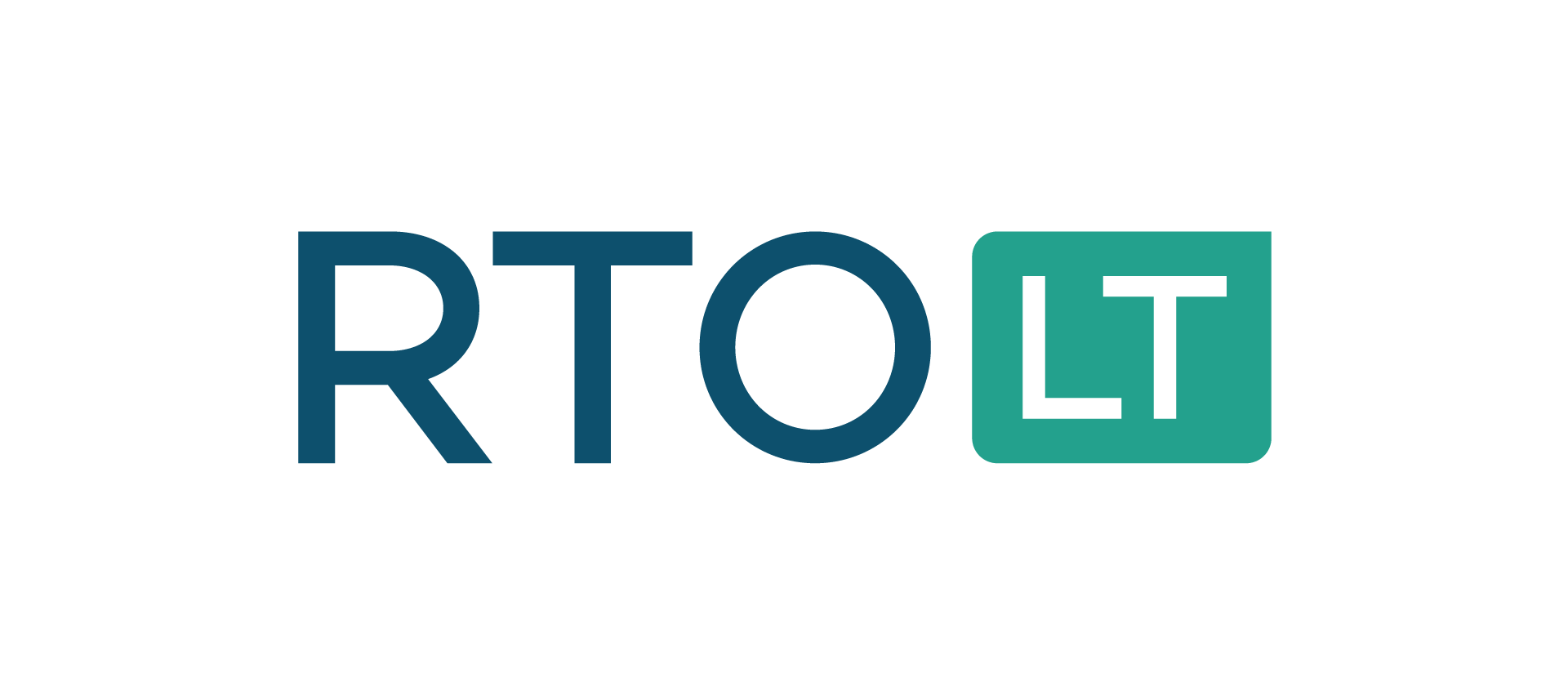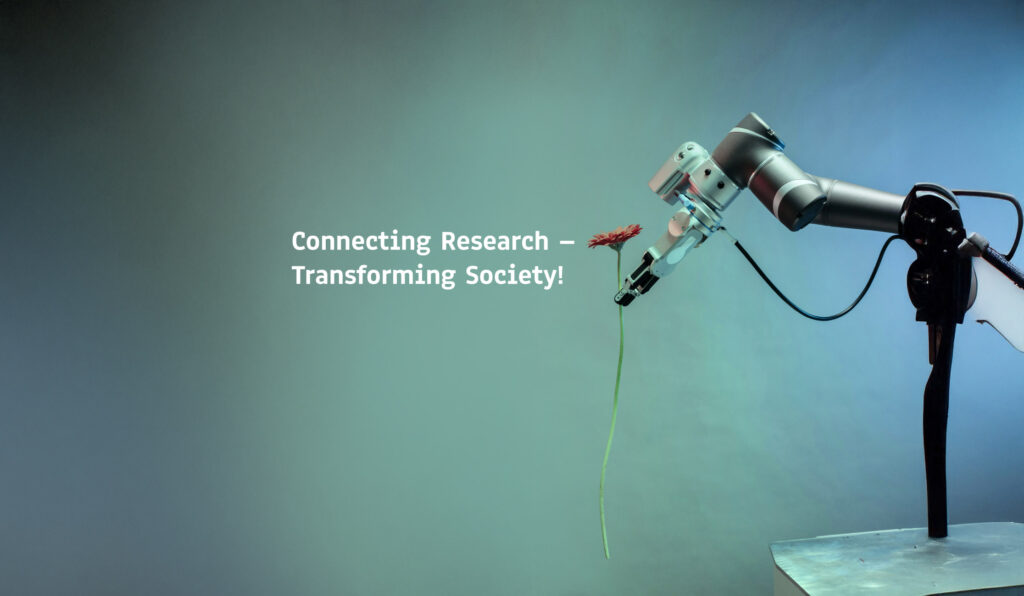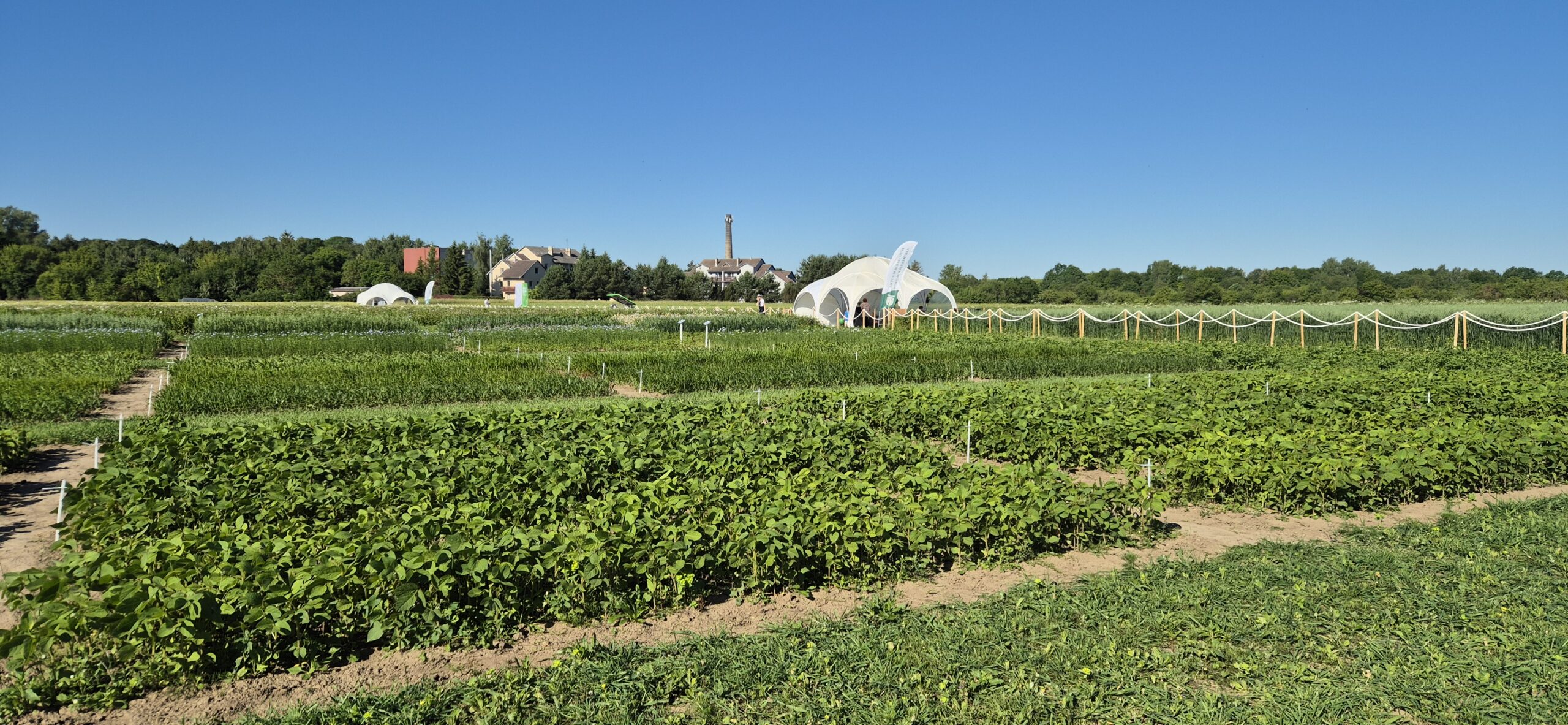Akademija, Lithuania — July 3, 2025 — Despite the sweltering summer heat, EKOAgrITech 2025 brought together over 420 participants—including nearly 200 end-users—for a dynamic day dedicated to sustainable agriculture, innovation, and knowledge sharing in the heart of Lithuania.
Hosted by the Lithuanian Research Centre for Agriculture and Forestry (LAMMC), this year’s event embraced the theme “Sustainability starts here: from the experimental plot to every table,” offering a rich mix of research showcases, hands-on experiences, and discussions for farmers, scientists, businesses, and the public alike. The event featured 1,000 scientific research plots, precision and digital farming demonstrations, five dedicated discussion zones, and family-friendly activities—including organic product tastings and educational sessions for children.

Dangis Valantis, the CEO of Dotnuva Baltic UAB – one of the biggest companies for agricultural machinery and services in the Baltic states – during the main discussion said: “There’s no need to support tractor purchases, no need to wait for farming tools and equipment — we need to support smart technologies.”
A standout moment of the day was the Photonics4AgriFood workshop, co-organized by RTO Lithuania within the framework of the Phorwards21 project that brought photonic solution providers from the whole Europe, including France, Finland, the Netherlands, and Poland. The session kicked off with an opening ceremony, followed by a compelling panel discussion on the impact of novel technologies in the Lithuanian agriculture sector. In the afternoon, presentations on novel physical technologies for AgriFood and a lively pitch and matchmaking session drew strong interest from researchers, innovators, and practitioners.
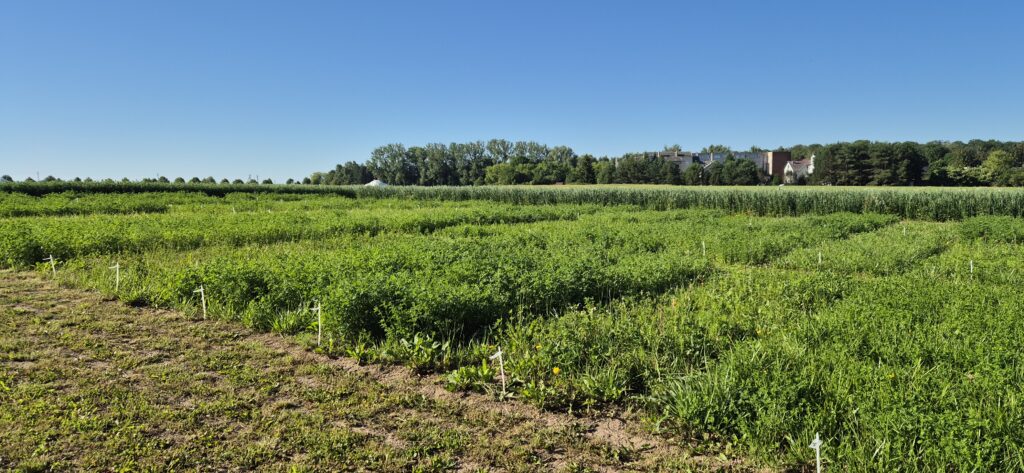
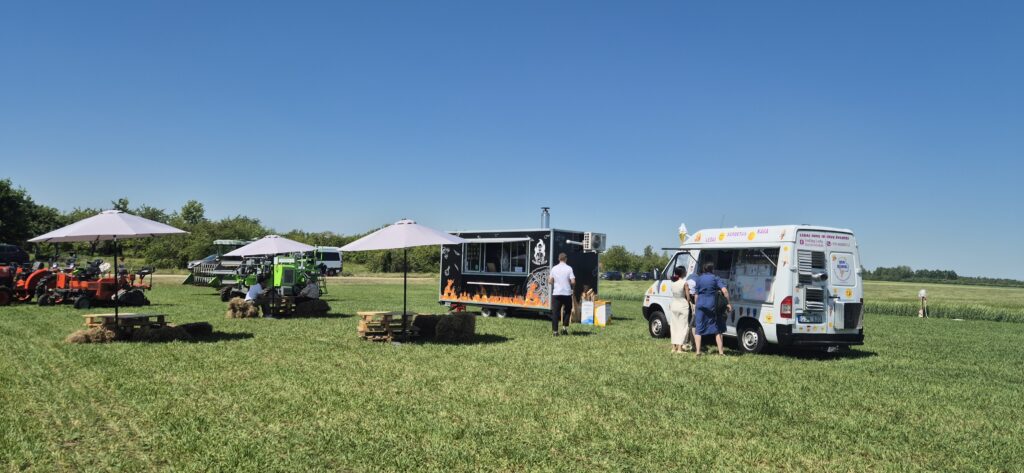
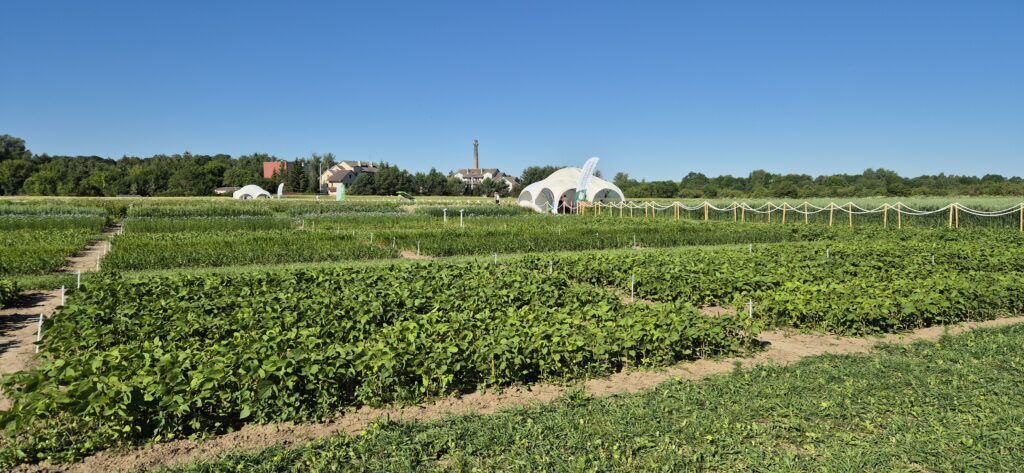
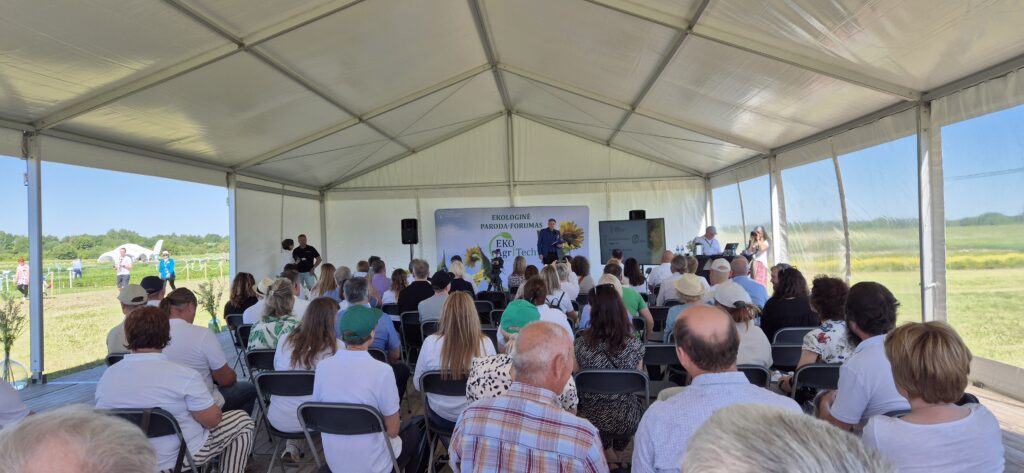

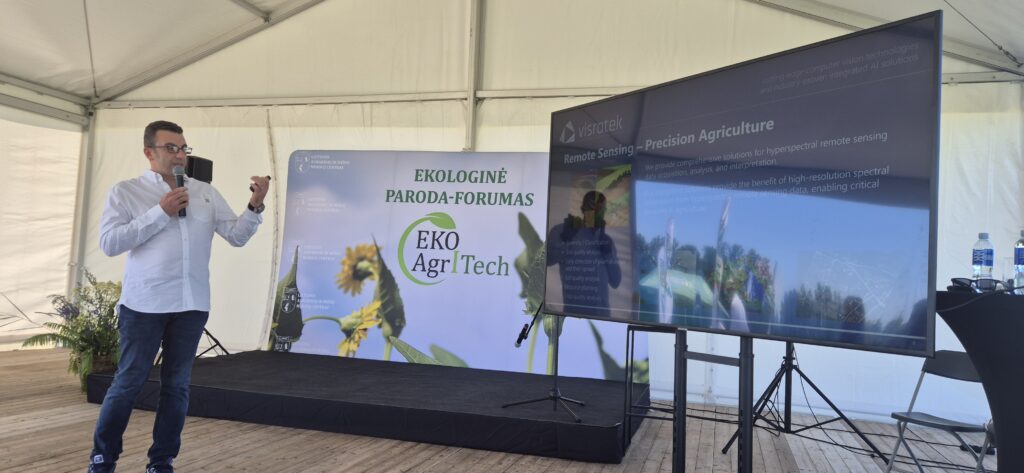
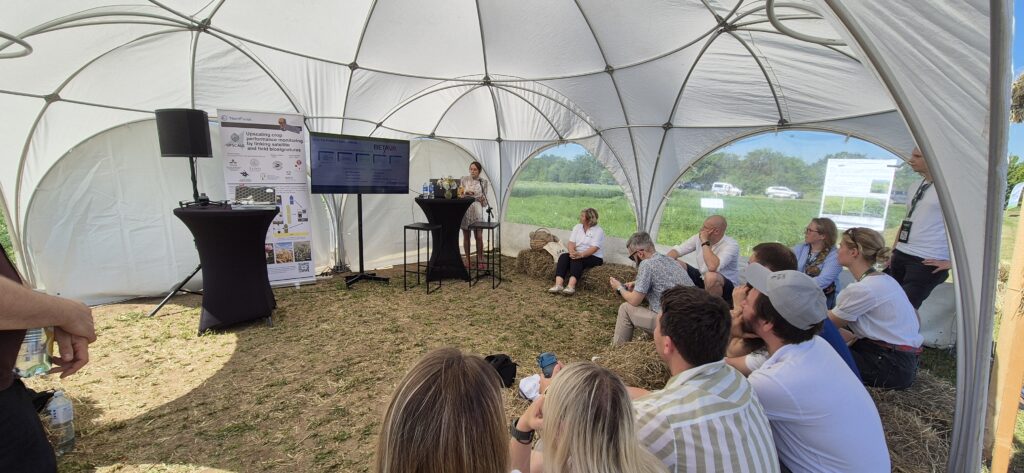
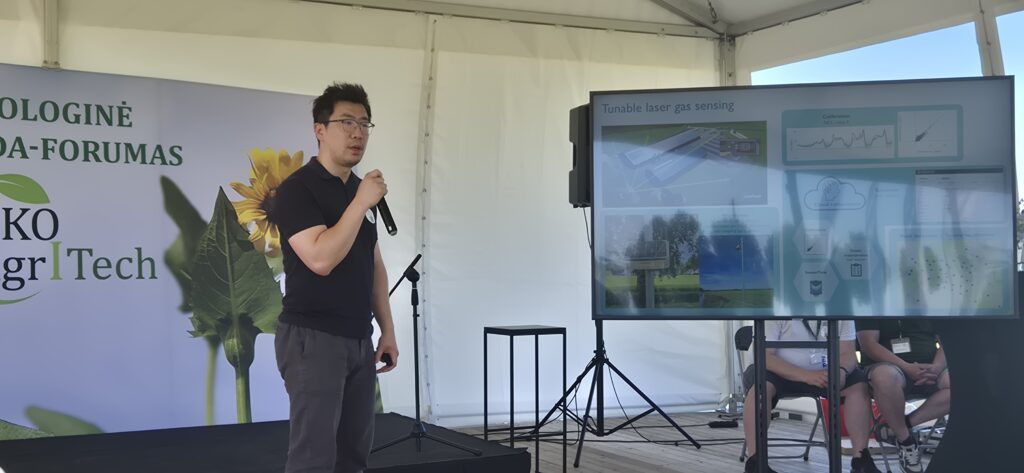
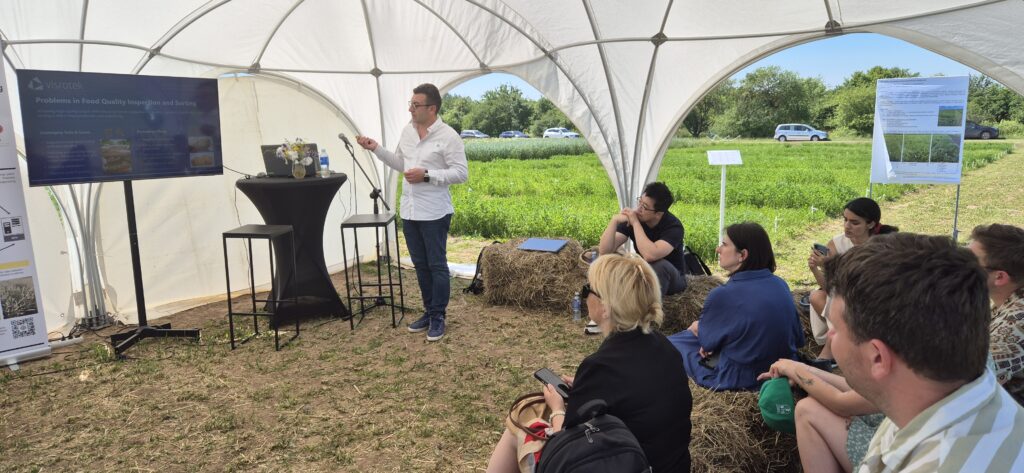
Summarizing the matchmaking session RTO Lithuania scientific advisor Dr. Dovilė Čibiraitė-Lukenskienė stated that “Photonics4AgriFood sparked fruitful dialogue and planted the seeds for future collaborations. The session brought fresh ideas for research directions and shed light on the growing availability and capabilities of cutting-edge photonic technologies in the market.”

As climate pressures mount and the need for sustainable solutions grows, events like EKOAgrITech serve as a vital space to connect tradition with transformation, helping stakeholders move from inspiration to implementation—one plot, one table, and one photon at a time.
